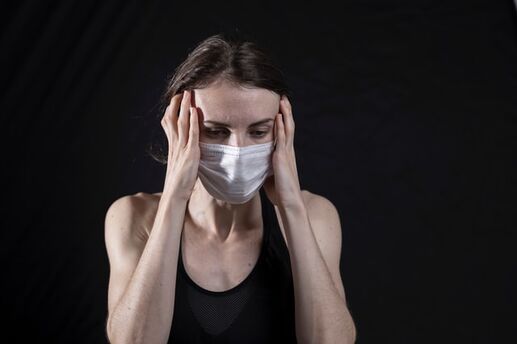Am I Still Contagious?

You've been stuck at home with the flu for what seems like an eternity. The worst is over, but you still have some lingering sniffles, coughs and aches. Are you still contagious? Consult our guide.
The Common Cold
You’re still contagious: From one day before your first symptom to about three days after it.
You can catch the common cold from over 200 different viruses that lurk in the air and on common surfaces. You can be contagious before such telltale symptoms as sneezing, stuffy or runny nose, sore throat and coughing even begin. That means stellar hygiene is key 24/7, not just when you feel under the weather. And remember that a cold must run its course -- there is no cure for this common respiratory infection.
Seasonal Flu
You're still contagious: From one day before your first symptom to up to seven days after it.
The flu hitches rides on sneeze and cough droplets. "You're most infectious during the first three days that you're sick with the flu, because that's when you experience the most nasal secretions," says Dr. Linda Meloy, a pediatrician and professor in the division of general pediatrics at Virginia Commonwealth University Children's Medical Center in Richmond, Va. This period also usually corresponds to when your fever is highest. An antiviral medication may shorten the stretch that you're contagious, so see your doctor at the first sign of symptoms: fever, headache, muscle pain, fatigue, runny nose or sore throat.
Strep Throat
You're still contagious: From the first day of symptoms to 24 hours after you start taking antibiotics.
The streptococcal bacteria is the culprit behind the classic symptoms: sudden sore throat, pain when you swallow, fever over 101 F, swollen tonsils, swollen lymph nodes, and white or yellow spots on the back of the throat. Unlike when you have a cold or the flu, you need an antibiotic to get well, so it's crucial to visit your doctor for a strep test and a treatment plan that includes prescription antibiotics. Although you're typically not contagious after a full day on the medication, it's important to complete the entire course of treatment to eradicate the infection completely.
Bronchitis
You're still contagious: From the first day of your first symptom to up to 7 days after it.
A virus is usually to blame for this inflammation of the bronchial tubes, and the infection takes about a week to leave your system. Key symptoms include a cough that produces mucus, wheezing, low fever and chest tightness. Once in a while, bronchitis is caused by bacteria (your doctor can check), and you'll need an antibiotic to kick it.
Pneumonia
You're still contagious: From the first day of your first symptom to 24 hours after you start taking antibiotics.
This infection of the lungs is most often caused by bacteria called pneumococcus, so you won't recover until you treat it with antibiotics. The most common symptoms are cough, fever, chills, wheezing and shortness of breath. That said, in rare cases, pneumonia is caused by a virus, so medications won't wipe out the infection (and it will take about a week to stop being contagious).
Allergies
You're still contagious: Never.
Many hay fever symptoms -- sneezing, stuffy nose, headache, wheezing -- copycat the symptoms of the common cold. However, you can't spread or catch allergies, because they're not infectious illnesses, says Dr. Charles Ericsson, head of clinical infectious disease at the University of Texas Medical School in Houston. So why do you and your spouse get hay fever at the same time? Probably because you've been exposed to the same environmental triggers, such as pollen, mold and dust.
Photo by engin akyurt on Unsplash
Like this article? Get more by following us on Facebook at Beauty & Confidence.

